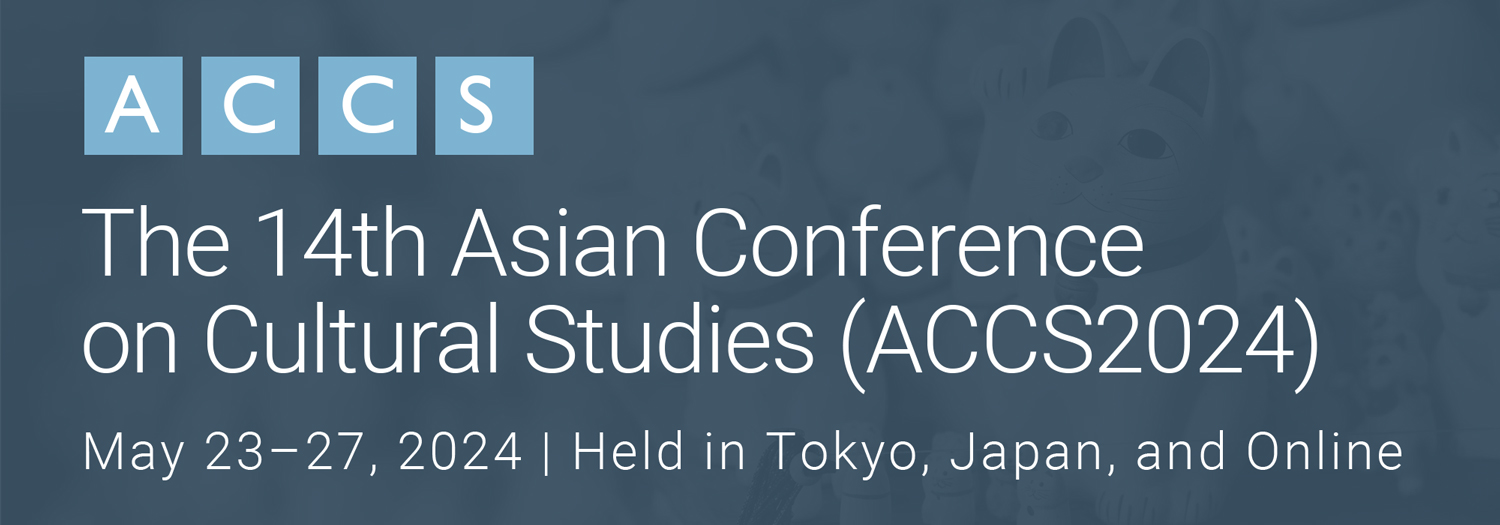Investigating Perspectives of (In)Security of Affected Individuals in Post-August 2021 Kabul Afghanistan: A Vernacular Security Approach (80313)
Session Chair: Haezreena Begum Abdul Hamid
Sunday, 26 May 2024 09:30
Session: Session 1
Room: Room 603
Presentation Type: Oral Presentation
This research investigates security perceptions and coping strategies among Afghan citizens having experience living in Taliban-controlled Afghanistan, employing a vernacular security approach. This approach examines how individuals construct, understand, and experience (in)security in their daily lives, offering a bottom-up perspective often overlooked in mainstream security studies.
The study involves qualitative online interviews conducted through platforms like WhatsApp, initially centered on 10 individuals from Kabul. This group includes both current residents and individuals residing abroad who have experienced living in Kabul for an extended period after the Taliban’s takeover in August 2021. The interviewees were recruited through purposive and snowball samplings.
Preliminary Findings reveal that security is multifaceted and encompasses physical safety, preservation of personal freedoms and basic rights, and psychological well-being. Individuals navigate these challenges through strategies including relocation of residences, installing security measures, altering transportation routes, and seeking refuge abroad. The sources of insecurity are diverse, stemming from both state and non-state actors. Threats range from physical harm, such as abduction and theft, to more subtle forms of coercion and control imposed by the Taliban regime.
In sum, this research highlights the significant of employing a vernacular security approach to unpack the complexities of security dynamics within authoritarian regimes like Taliban-controlled Afghanistan. By focusing on the lived experiences and narratives of non-elite ordinary individuals, the research offers an empirical contribution to security studies and enriches our understanding of security dynamics.
Authors:
Mohammad Mahdi Iraj, Nagoya University, Japan
About the Presenter(s)
Mahdi Iraj, born in Afghanistan, is a Ph.D. student at the Graduate School of International Development (GSID), Nagoya University. His research interests encompass security studies, radicalization, and peace and conflict studies.
Connect on Linkedin
https://www.linkedin.com/in/mahdi-iraj-24686252/
See this presentation on the full schedule – Sunday Schedule





Comments
Powered by WP LinkPress